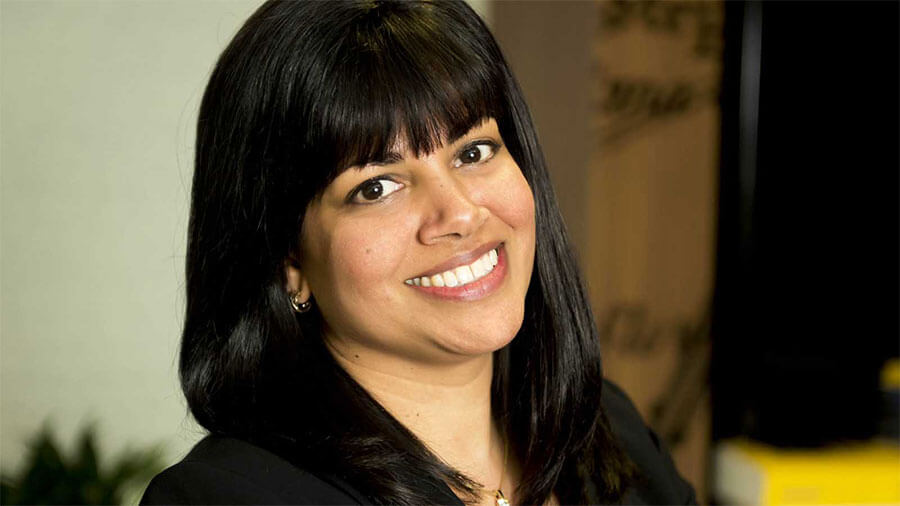The DNA testing cases linked to inheritance disputes have always been of particular interest to me ever since my first case involving such an issue over ten years ago. It makes sense to my thinking to use science to help resolve an issue in dispute that would otherwise be far more challenging to resolve with other evidence.
A very interesting judgment in the matter of Nield-Moir v Freeman [2018] EWHC 299 (Ch) concerns DNA testing in the interests of justice and the context of an inheritance dispute.
Background
- Janice and Lorraine were both born to the deceased’s late wife Veronica, in 1961 and 1962 respectively. This was during the deceased’s marriage to Veronica, (although they subsequently divorced, in 1977). They are therefore at least half-sisters. However Janice denies that Lorraine is the biological daughter of the deceased. They have been estranged for many years.
- The deceased died in England on 16 June 2013, intestate, a divorcee and without living parents. Under Intestacy rules his estate will therefore pass to his biological child(ren), and if more than one in equal shares, (but not stepchildren).
- In her claim Janice seeks a court declaration that Lorraine is not entitled to any interest in the estate. The issue for determination before the court on the early round of satellite litigation was contested application concerning DNA test evidence.
Janice Nield-Moir sought an order the Lorraine Freeman submit to DNA testing, Lorraine resisted the application. The applicant, Janice was ultimately successful.
Outcome
I am not surprised that following a pattern from a number of other decisions the Court in this latest case has ordered DNA testing to help sort out the dispute over parentage and right to benefit under the intestacy rules.
Avuncular DNA testing (uncle/nephew/uncle/niece) comes into play in this case with the planned testing of a niece of the deceased as well as the claimant and defendant putative daughters of the deceased.
“an order can be made in an “unless” form, so that the party (here the defendant) has to choose between giving the sample and having her defence struck out.”
“This sad litigation should be brought to a conclusion, one way or the other, as soon as practicable. If science can help, then it should.”
HHJ Matthews at paras 52 & 53:
“In all the circumstances, I consider that I should accede to the application and direct the respondent to give a saliva sample to Dr Syndercombe-Court by way of mouth-swab within 28 days, failing which the court will be at liberty, on the trial of the claim, to draw an adverse inference against the respondent.”
The contents of this article are intended for general information purposes only and shall not be deemed to be, or constitute legal advice. We cannot accept responsibility for any loss as a result of acts or omissions taken in respect of this article.

